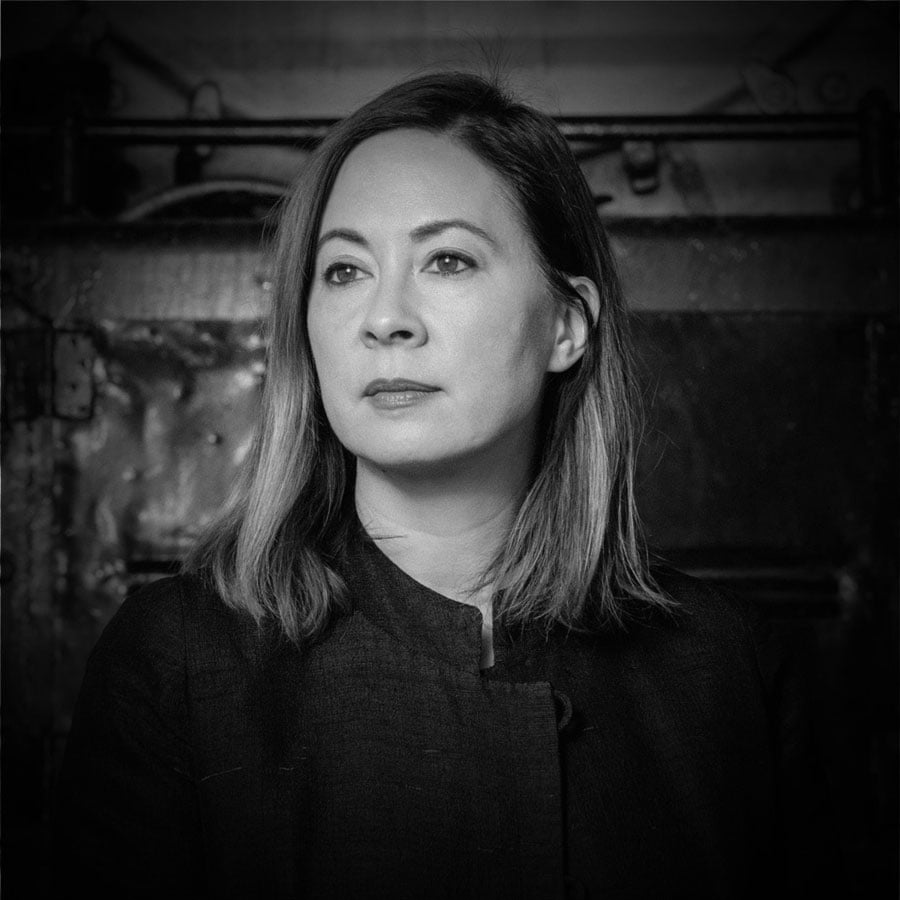Seraph Young Ford, Maryland, 1887
First woman to vote in Utah and the modern nation, February 14, 1870.
I am known, if at all, for a moment’s
pride: first American woman
in the modern nation
to vote though at the time
I wasn’t considered American
by all. Not modern, either,
but Mormon, one
the East Coast suffragists had hoped
would vote Utah’s scourge of polygamy
out. But plural marriage
was on no ballot
I ever saw. Why would it be,
my mother asked, when men
make laws and shape
their women’s choice in freedoms?
And how changeable
those freedoms are
denied or given
certain women, she knew, who saw
a Shoshone woman one day selling ponies
from a stall: watched, amazed,
her pocket all the earnings
without a husband’s permission.
I wouldn’t be a white girl
for all the horses
in the world, the woman scoffed
at her astonishment: my mother
who never sold an apple
without my father’s
say-so. Like my mother,
I married young, to an older man who believed—
like certain, stiff-backed politicians—
to join the union, Utah
must acculturate, scrub off
the oddities and freedoms
of its difference, renounce
some part of politics and faith:
our secrecy and marriage customs,
and then my woman’s right to vote. All gone
to make us join
the “modern” state—
And so perhaps I might be known
for what I’ve lost: a right, a home,
and now my mother, who died
the year we moved back East.
How fragile, indeed, are rights
and hopes, how unstable the powers
to which we grow attached.
My husband now can barely leave his bed.
As he’s grown ill, I’ve watched myself
become the wife
of many men, as all men in the end
become husband
to a congregation of women.
When he dies, I’ll move back West
to where my mother’s buried
and buy some land with the money
that she left—
To me alone she wrote,
who loved me,
and so for love of her
I’ll buy a house
and marble headstone
and fill my land with horses.
Copyright © 2020 Paisley Rekdal. This poem was co-commissioned by the Academy of American Poets and the New York Philharmonic as part of the Project 19 initiative.

